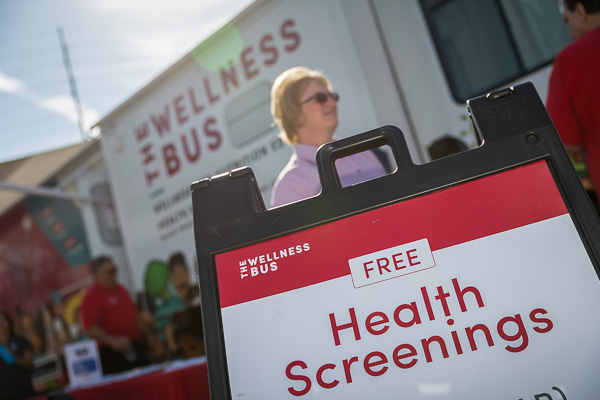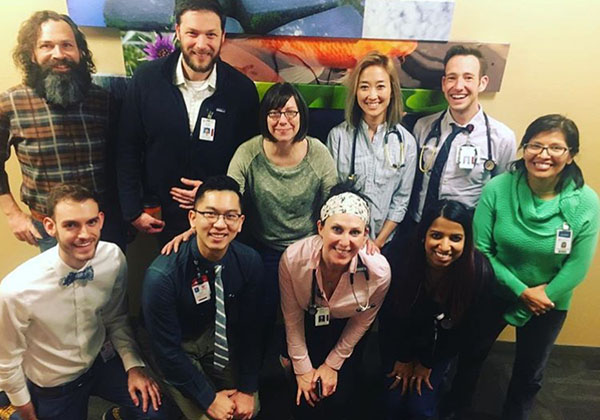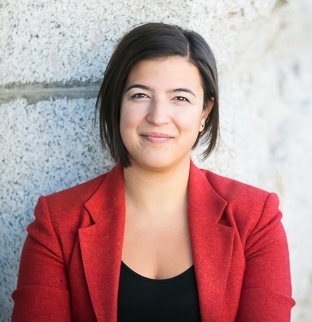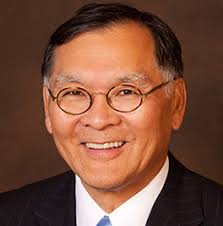Voices of U of U Health
Strategy Refresh: Partnering and Sharing Decisions with the Community
In conjunction with a university-wide effort, University of Utah Health has launched a six-month Strategy Refresh Initiative to establish our path forward during the next five years, 2020 – 2025. This is one of a series of GOOD NOTES blogs about our mission to elevate the health system and university as models for the nation.
As we shape a new strategic vision for University of Utah Health, the needs of our community are guiding our direction. While maintaining a focus on excellence in patient care, education, and research, we also believe it’s essential to partner with our populations to improve individual and community health and quality of life across Utah and the region.
Bi-directional Learning and Participation

The University of Utah is a learning organization. We thrive on the discovery and dissemination of new knowledge and information. Just as we seek opportunities for bi-directional learning on our campus, we want to do the same out in the community. As the only academic medical center in Utah, we want to leverage our research, clinical, and education expertise to drive health-based conversations within the community. We also aim to bring community perspectives into the rooms where decisions are happening at the health-system level.
Through strategic partnerships, we take our strengths into the community. In collaboration with them, we develop goals on behalf of the health and well-being of our citizens, region, and nation. At the same time, we want to take the community perspective into our clinical priorities. As U of U Health continues to expand to serve a growing and ever-changing population, we have to listen and respond to their needs. When making decisions within the health system, we should always consider: How is this going to impact the community? What do they perceive as their biggest health needs?
Community Engagement In Action
A lot of community engagement work is already taking place on our campus. U of U Health’s free HIV PrEP Clinic is a great example of the role communities can play in medical practice.
Taken once a day, the HIV prevention pill known as Pre-Exposure Prohphylaxis (or PrEP) has proven up to 95 percent effective against HIV infection. Adam Spivak, MD, and Susan Keeshin, MD, identified the need to make PrEP available to uninsured populations as risk for acquiring HIV. To increase access and improve health outcomes Spivak and Keeshin opened Salt Lake City’s first free PrEP clinic in partnership with the Utah Aids Foundation, Utah Department Health, Salt Lake County Health Department, Equality Utah, Encircle, One Voice Recovery, Utah Aids Education and Training Center, Utah Pride Center, Comunidades Unidas, and ARUP Laboratories. In addition to referring uninsured patients to the clinic, these partners play an essential role in educating the community and building trust between patients and medical professionals.

The PrEP Clinic demonstrates how strategic community partnerships have the potential to go beyond clinical care to achieve whole person care. Along with PrEP, the clinic offers HIV testing, prevention, treatment, and counseling for sexually transmitted diseases. Patients can meet with a case manager, a pharmacist, and a medical provider during their visits. U of U Hospitals & Clinics donated space at its Redwood Health Center, and physicians and students work on a volunteer basis to provide care at no cost to patients. Since opening in March 2018, the PrEP Clinic has served more than 150 patients.
Central Repository and Measuring Impact
As part of the strategic plan for the next five years, we are creating a central repository to track community engagement activity campus wide. The repository will help us combine and coordinate efforts to have greater impact, and align these efforts with the strategic priorities of the community and the university. It will also improve our ability to assess the impact of our community engagement and more effectively communicate the positive health outcomes. University of Utah Hospital plans to release a report to the community in 2020.
Setting Community Health Priorities
Community engagement is our opportunity to prioritize the needs of those we serve. When it comes to setting and implementing goals, the Community Health Needs Assessment (CHNA) serves as our north star. Every three years U of U Health engages with civic leaders, non-profits, and residents, to conduct the CHNA and set priorities the health system can address in partnership work with the community.
In effect, the CHNA is the community telling us what their health needs are. It’s a goldmine of information that we can use to improve quality of life in Utah! Utilizing this invaluable resource at all levels of our health system is key to realizing the full impact we can have on improving the health and well-being of the communities we serve.
An Anchor for the Future
Hospitals and clinics are major economic drivers for communities. As a member of the national Healthcare Anchor Network, U of U Health has a vested interest in making communities safe, vibrant, healthy, and stable. As we define a strategic plan for the next five years, we are committed to using our economic and human resource assets to have greater impact on the communities we serve. And working hand-in-hand with our populations is vital to both their long-term health and our future as an institution.

